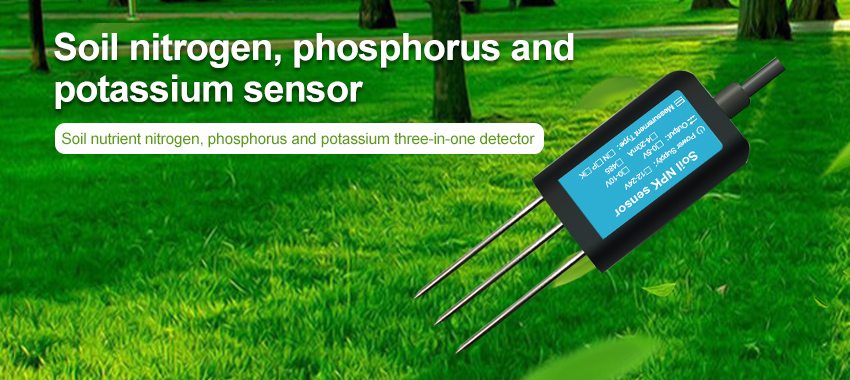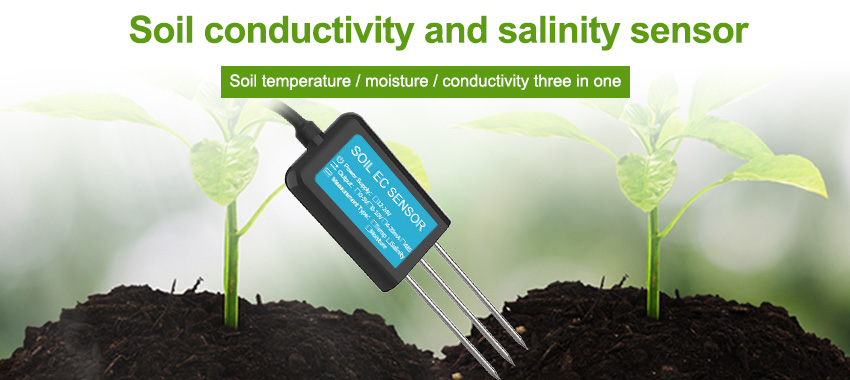As the world’s population continues to grow, so does the demand for food. To ensure that the demand is met, farmers now must maximize their crop yields, while minimizing input costs. This is becoming increasingly difficult due to a variety of factors, including soil health. Having a reliable method for monitoring soil health is a crucial step in addressing this difficult problem.

Fortunately, technological advances in the form of soil sensors are providing farmers with a better understanding of soil conditions and the ability to adjust their practices to ensure optimal crop yields.
Soil sensors measure a variety of physical and chemical parameters in the soil, including temperature, moisture, nutrient levels and organic matter. This helps farmers optimize crop yields without increasing input costs.
Soil sensors allow for real-time monitoring of soil health.
This helps farmers identify problems before they affect crop yield. For example, soil sensors can detect nutrient deficiencies in the soil. If a specific nutrient is lacking, the farmer can apply the necessary fertilizer to restore proper levels and avoid a decrease in crop yield. Similarly, soil sensors can detect moisture levels and help the farmer avoid over- or under-watering of their crops.
Soil sensors also help farmers identify problems related to soil quality. By monitoring parameters such as pH, nutrient levels, and organic matter, farmers can detect soil degradation, allowing them to take steps to rectify the problem. For example, they can apply manure or compost to help increase nutrient levels and organic matter.
Another benefit of soil sensors is that they provide farmers with a greater understanding of the environmental conditions in their fields. This can be useful in determining which crops are best suited for the soil type and which are more likely to produce higher yields. Knowing the environmental parameters in a given field helps the farmer decide which crops to plant at any given time.
Finally, soil sensors can be used to monitor the health of the soil in the long-term.
This is useful in determining which farming practices are resulting in improved soil health. For example, the sensors can be used to measure changes in soil composition over time to determine the effectiveness of a given practice.

In conclusion, soil sensors are a valuable tool for monitoring soil health on a real-time basis and helping farmers identify problems before they affect crop yield. They provide farmers with a better understanding of soil conditions, allowing them to optimize their production practices and minimize input costs. In addition, they can be used to monitor environmental conditions and long-term changes in soil composition, helping farmers identify which practices are most effective in maintaining the health of
